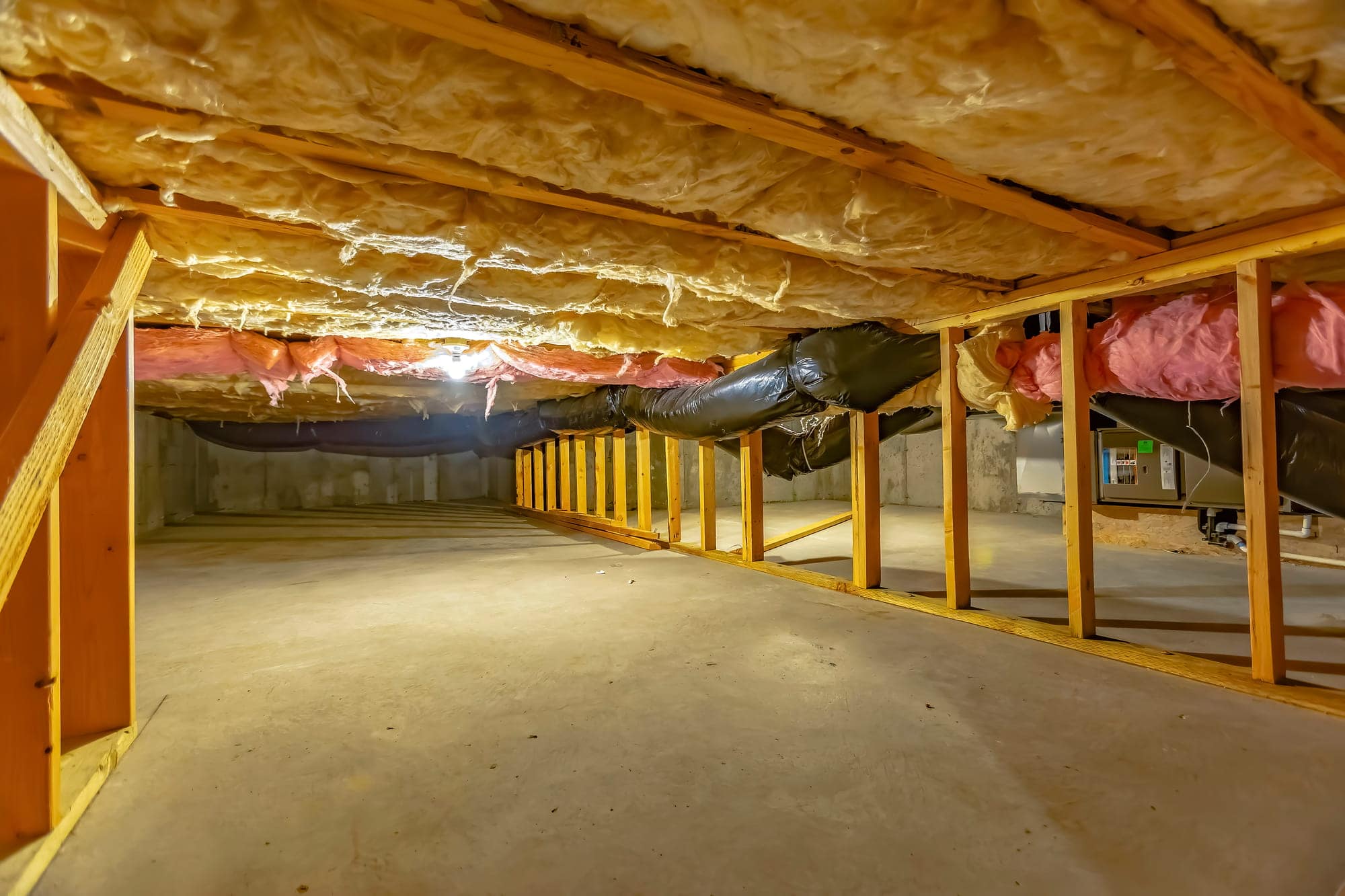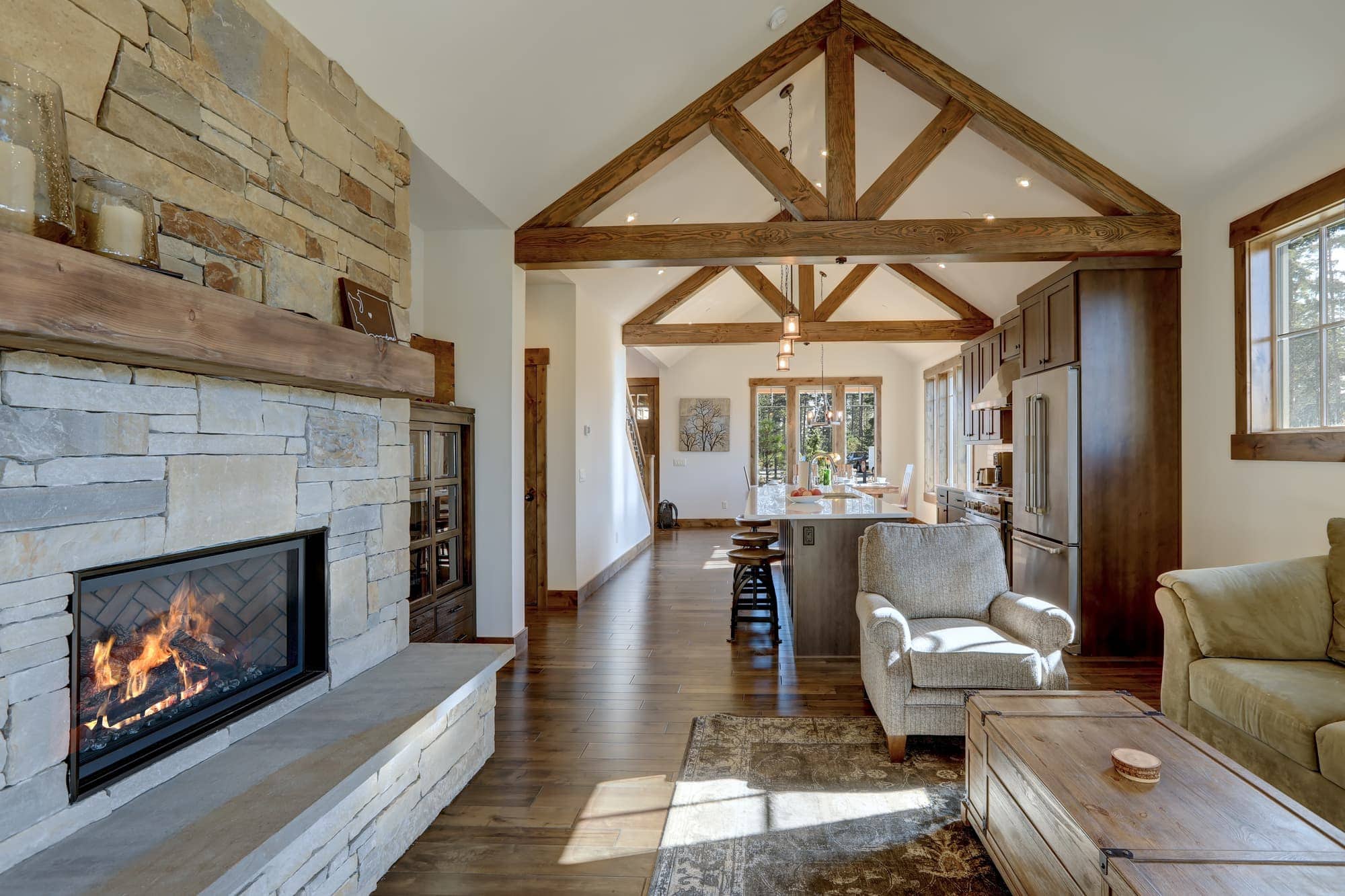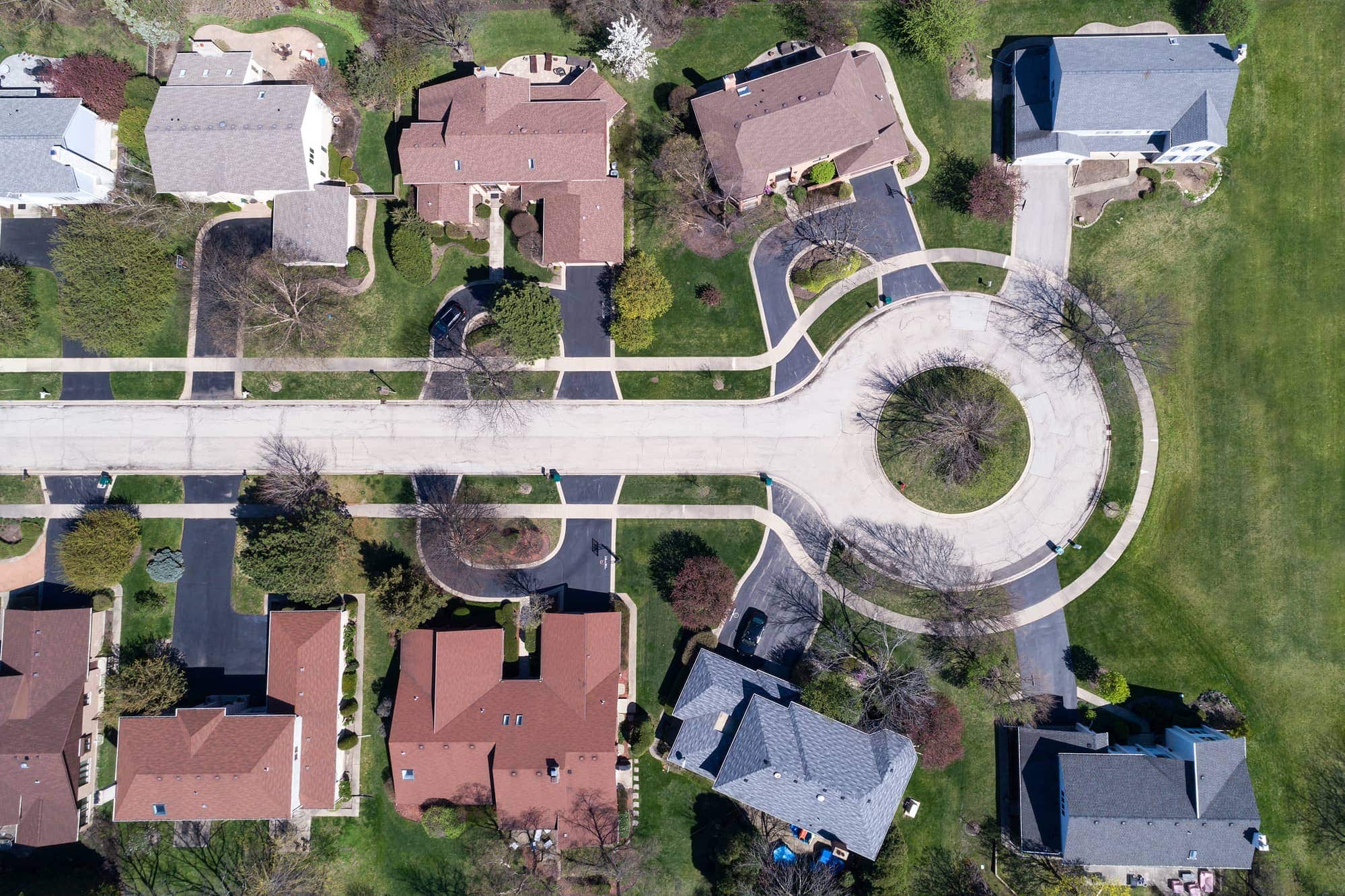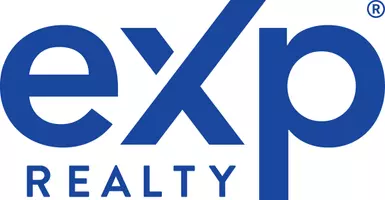The Importance of Budgeting for Home Remodeling

Are you thinking about embarking on a home remodeling project? Planning and budgeting are essential to increase the square footage, enhance your outdoor space, or give your living space a fresh coat of paint. Discover how to create a practical and cost-effective remodeling plan to make your dream home a reality.
The Importance of Budgeting for Home Remodeling
Effective budgeting is crucial for home remodeling. It ensures financial control, helping homeowners prioritize expenses such as energy-efficient appliances, light fixtures, or even a minor kitchen remodel.
The right budgeting strategy allows you to make valuable feature additions to appeal to future buyers without overstepping your financial boundaries.
Properly managing costs at resale can maximize your return on investment, making the entire cost of the improvement project a worthwhile investment.
Assess Your Needs and Set Goals
When planning for remodeling projects, evaluating your needs and setting clear goals are essential.
Evaluate Your Remodeling Needs
Identify the areas in your home that require remodeling, like the master bedroom, unfinished basement, or outdoor living spaces. Consider what potential homebuyers may look for, such as energy-efficient or green home features. To understand what to expect, consider specific costs, such as the average cost of a sprinkler system or carpet removal ($140).
Define Your Project Goals and Objectives
What is the purpose of the renovation project? Whether it’s to increase the sale price by adding a desirable feature like a finished basement or merely to add a fresh paint color to the walls, understanding the objectives helps in effective budgeting.
Determine the Scope of Your Remodeling Project
The project’s scope may vary from a minor kitchen remodel to heftier projects like adding a third bedroom. Determine if investing in luxury vinyl planks is smart or if a simple coat of paint will suffice. This phase may include assessing the cost of renovations like load-bearing walls removal or adding energy star-rated appliances.
Stay tuned for more insights on navigating the exciting world of home remodeling. From navigating the differences between renovation and remodeling to understanding the energy costs, we’ll guide you through the process.
And when you’re ready to take the next step, contact a local eXp agent to support you in finding the perfect property to remodel. From searching for properties to signing up for alerts on new property listings as they come on the market, eXp Realty is here for you every step of the way.
Research and Estimate Costs
When it comes to home remodeling, it’s essential to conduct thorough research to avoid surprises down the line.

Conduct Research on Materials, Labor, and Professional Services
Whether it’s the cost of hardwood flooring, energy costs for smart devices, or fees for planning permission, be aware of all potential expenses. Research materials like vinyl siding or fiber-cement siding, estimate the cost of labor for tasks like painting, and evaluate professional services such as architectural or design assistance.
Obtain Multiple Quotes and Estimates
Seek quotes from a certified contractor for outdoor kitchen installations or sprinkler systems. Multiple estimates ensure you get the best value, whether a minor kitchen update or a more significant remodeling magazine’s featured renovation.
Create a Comprehensive Spreadsheet
A spreadsheet can help you compare costs, track expenses, and manage the project efficiently. Include everything from the stone veneer cost, water costs, the average load-bearing wall removal price, and the resale value for vinyl windows. This process helps you understand where you can save and where it’s wise to invest.
Set a Realistic Budget
Home remodeling can be a thrilling yet challenging task. Setting a realistic budget ensures your project doesn’t become a financial burden.
Analyze Your Financial Situation
Determine how much you can realistically allocate to your project. Consider responsibly using equity improvement loans, personal loans, or credit cards to finance some parts of the project, like smart home technology or a finished basement. Assess your monthly payments and financial goals to make a sensible decision.
Account for Unexpected Expenses
Always include a contingency fund in your budget. Whether it’s a sudden need for grab bars in the bathroom, the extra money for luxury features, or unforeseen construction features, a contingency fund keeps you prepared.
Prioritize Your Spending
Allocate funds wisely across different areas of the project. If kitchen renovations are your focus, consider prioritizing costs for wall cabinets or energy-efficient appliances. Always remember what would be a valuable feature among homebuyers or enhance your living space.
Break Down the Budget
A detailed budget keeps you in control and ensures a successful remodeling project.
Divide Your Budget Into Categories
Create categories such as materials, labor, permits, and additional expenses like an outdoor entertainment feature or a unique feature in the master suite.
Set a Budget Range for Each Category
Assign a budget range for each category based on your research and estimates. For example, allocate a specific amount for lighting fixtures, green home features, or water heaters.
Create a Detailed Breakdown of Expenses
List all expenses within each category, such as the cost of renovations or the differences between renovation and remodeling expenses. This detailed approach ensures transparency and helps you monitor your progress.
Allocate Funds Effectively
Effectively allocating funds during a home remodeling project ensures you make the most of your budget without sacrificing quality or essential features.

Identify Areas Where You Can Cut Costs
You may find opportunities to cut costs without compromising quality by evaluating your budget. For instance, you might opt for luxury vinyl planks instead of more expensive flooring or choose a fresh coat of paint instead of new wall cabinets. Investigate options like energy-efficient appliances or appealing options like fresh paint that can add freshness without a hefty price tag.
Determine Non-Negotiable Aspects
Some aspects of the remodeling project may be non-negotiable due to personal preferences or potential buyers’ expectations. For instance, energy-star-rated appliances, smart devices, or a third bedroom might be must-haves. Allocating funds for these indispensable features ensures your remodel meets your needs and desires.
Consider Alternative Financing Options
Looking at various financing options, such as home improvement loans, lines of credit, or even a refinancing option with better terms, could provide extra money for more extensive tasks like a finished basement or the addition of an outdoor living space.
Monitor and Adjust the Budget as Needed
Keeping a close eye on your budget during the remodeling process is crucial for staying on track and making necessary adjustments.
Regularly Review and Track Expenses
Keep track of all expenses, from carpet removal to the average sprinkler system cost. Regularly reviewing your budget helps you detect discrepancies and stay within your allocated funds.
Make Adjustments as Necessary
Home remodeling often comes with surprises. Whether it’s a sudden need for boots for spring sandals or finding differences between renovation and remodeling expenses, being flexible and proactive can keep the project running smoothly.
Stay Proactive in Managing Your Budget
Actively manage your budget, seeking cost-saving alternatives like energy consumption-reducing features or reallocating funds to ensure that your project’s most desirable features, like outdoor entertainment or natural light enhancements, are accomplished.
Prioritize Value and Return on Investment
Making wise investments in your home remodeling can lead to a higher sale price and more enjoyment from your living space.
Focus on Projects That Add Value
Choose projects that appeal to future buyers, such as a kitchen remodel or valuable outdoor space additions. The remodeling project should enhance the square footage and functionality of the house.
Research Return on Investment
Understanding the average return on investment for different projects, such as the cost vs. value report for energy cost savings or the entire cost recouped from heftier projects like an outdoor kitchen, can guide your decision-making.
Allocate for Long-Term Benefits
Investing in features that provide long-term benefits, like energy-efficient windows, water heater upgrades, or green home features, can result in savings and a more appealing option for prospective buyers.
Seek Professional Advice
Getting professional insights into your remodeling project is invaluable in ensuring that your vision aligns with your budget and goals.
Consult With a Professional Architect or Designer
Professional architects or designers have the expertise to translate your renovation ideas into practical and cost-effective solutions. They can advise you on everything from choosing the right paint colors to load-bearing wall alterations.
Their insights on vinyl siding, fiber-cement siding, lighting fixtures, and other elements can save time and money.
Seek Recommendations From Experienced Contractors
Contractors with experience in various remodeling projects can advise on getting the most out of your renovation budget. Whether it’s the cost of hardwood flooring or the water costs involved in adding a bathroom or half-bathroom, their expertise ensures that you make wise decisions.
They can also provide details about the differences between renovation project options, like the resale value for vinyl windows or the stone veneer cost.
Consider Hiring a Project Manager
A dedicated project manager can oversee the budget, meet deadlines, and coordinate between professionals. Their experience handling minor kitchen renovations and more complex tasks like adding outdoor entertainment features can be a significant asset in keeping your budget on track.
Key Takeaways
Home remodeling is a rewarding but complex endeavor. Effectively budgeting for it ensures you achieve your desired home without breaking the bank. Here are the crucial steps to remember:
- Research and Estimate Costs: Understand the potential costs, including labor, materials, permits, and unforeseen expenses. Researching everything from the average price of sprinkler systems to the cost of renovations can help avoid surprises.
- Set Realistic Goals and Budget: Define your remodeling project’s scope, set realistic financial limits, and allocate funds effectively. Consider options like smart home technology or luxury vinyl planks to balance quality and affordability.
- Monitor and Adjust the Budget: Stay proactive in tracking and managing your expenses. Regular reviews and necessary adjustments keep your project on course.
- Prioritize Value and ROI: Focus on projects that enhance your home’s value and appeal to potential homebuyers. Consider energy-efficient appliances, outdoor space, and valuable features like a master or primary bedroom.
- Seek Professional Guidance: Consult architects, designers, and contractors to align your vision with your budget. Their expertise in energy consumption, outdoor living enhancements, and valuable features among homebuyers can be vital.
- Emphasize Quality: Don’t compromise on essential aspects. Investing in quality materials and professional services, such as choosing a Kara Porter design or adding the freshness of spring through vibrant colors, can be vital for a successful outcome.
Home remodeling is more than just an improvement project; it’s an opportunity to create a space that reflects your personality and meets your needs. You can achieve a successful and affordable remodeling project by following these guidelines and seeking professional guidance.
Ready to take the next step? Contact a local eXp agent to embark on this journey. They can guide you in the right direction to contact experienced contractors so you can enhance your living space and make a wise and worthwhile investment in your home.
And if you’re searching for a newly remodeled home –or an affordable one that may need some light remodeling, check out the available properties at eXp Realty. Use the filters in our advanced home search to look for the specific property you want.
FAQs: Home Remodeling
Navigating the complexities of home remodeling and renovation can be challenging. The following frequently asked questions aim to address common questions and concerns to help you make informed decisions about your project.
What is the difference between house renovation and remodeling?
Renovation refers to restoring or upgrading existing structures and finishes, while remodeling involves changing the structure. A renovation might include a fresh coat of paint or new light fixtures, while a remodel might reconfigure living space or include significant structural changes.
Is remodeling a house cheaper than building?
Remodeling is often cheaper than building from scratch, but the cost can vary based on the scope and complexity of the project. Simple remodeling projects like changing light fixtures or applying fresh paint might be inexpensive, while more extensive changes like altering load-bearing walls can cost more.
What should you do first in a home renovation?
Prioritize necessary structural or functional improvements, such as fixing leaky plumbing, upgrading electrical systems, or addressing energy efficiency issues with new Energy Star-rated appliances or energy-efficient windows. Ensuring the home’s essential functions are in good condition sets a solid foundation for further aesthetic enhancements.
What is the most expensive part of a remodel?
Kitchens and bathrooms are typically the most expensive areas to remodel due to the complexity of plumbing, electrical work, and the cost of fixtures and appliances. Kitchen renovations can include costly items like countertops, cabinets, and smart devices, while bathroom remodeling may involve intricate tile work and premium fixtures.
What home renovations cost the most?
Significant renovations like kitchen remodeling, adding extra living space, or finishing an unfinished basement cost the most. These projects require substantial investments in materials, labor, and permits, and they may involve specialized work like adding smart home technology or constructing outdoor kitchens.
Should I clean the house before a renovation?
Cleaning the house before renovation allows contractors to work more efficiently and helps homeowners identify any issues that need attention. Removing dust and debris, clearing furniture, and cleaning surfaces ensure a smoother renovation. It’s a desirable feature in preparation for heftier projects.
Categories
Recent Posts






GET MORE INFORMATION

